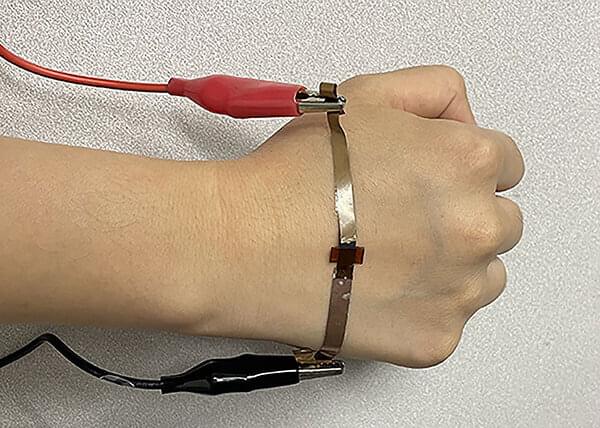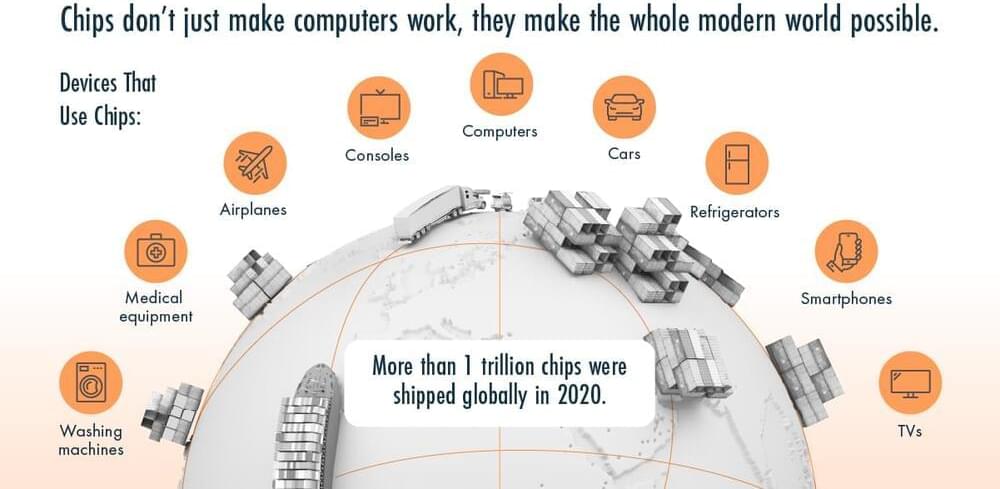University of Houston researchers are reporting a breakthrough in the field of materials science and engineering with the development of an electrochemical actuator that uses specialized organic semiconductor nanotubes (OSNTs).
Currently in the early stages of development, the actuator will become a key part of research contributing to the future of robotic, bioelectronic and biomedical science.
“Electrochemical devices that transform electrical energy to mechanical energy have potential use in numerous applications, ranging from soft robotics and micropumps to autofocus microlenses and bioelectronics,” said Mohammad Reza Abidian, associate professor of biomedical engineering in the UH Cullen College of Engineering. He’s the corresponding author of the article “Organic Semiconductor Nanotubes for Electrochemical Devices,” published in the journal Advanced Functional Materials, which details the discovery.








